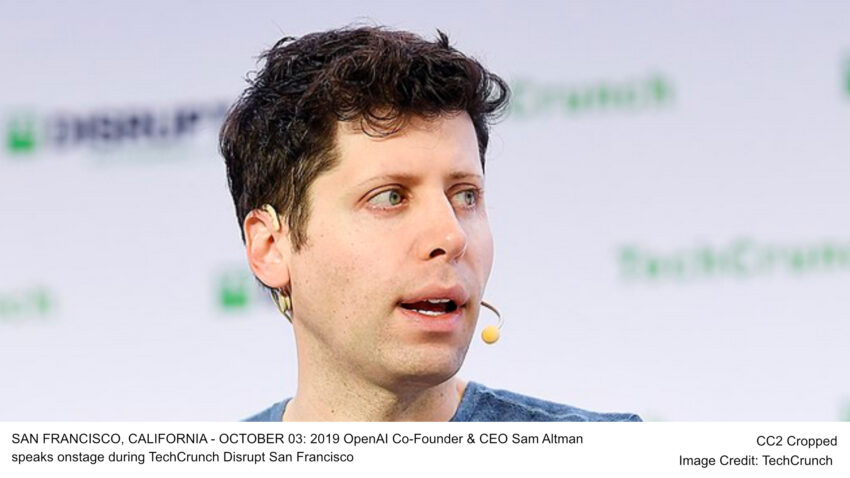The long-standing rivalry between tech titans Elon Musk and Sam Altman is intensifying as it heads to a federal courtroom. Musk, an initial investor in OpenAI and former board member, is challenging the organization’s shift towards becoming a for-profit entity. Musk argues that OpenAI deviates from its original nonprofit mission to advance artificial intelligence for the public good. He claims this transition unfairly targets his own AI venture, xAI, and benefits Microsoft’s alliance with OpenAI.
- Elon Musk is suing OpenAI over its transition to a for-profit model, arguing it betrays its original mission of advancing AI for public benefit and favors Microsoft’s partnership.
- The conflict traces back to Musk’s failed attempt to lead OpenAI in 2017, with co-founders fearing his control over future AGI developments and questioning Sam Altman’s leadership motives.
- OpenAI defends its shift, citing the need for funding to support the immense computational costs of AI development, and claims Musk previously endorsed the for-profit model.
- The case, set for January, could establish key legal precedents for AI governance, balancing innovation with public accountability and addressing the power dynamics among tech giants.
This legal confrontation follows a 2017 power struggle within OpenAI. Musk desired to lead the organization, proposing a plan to control it temporarily. However, co-founders Ilya Sutskever and Greg Brockman opposed this, fearing Musk’s dominance over any future advanced AI, known as artificial general intelligence (AGI). Concerns about Altman’s leadership ambitions also arose, worrying some that political motives might drive his push to become CEO.
OpenAI, in its defense, states Musk’s legal challenge could harm its business and mission. The organization published internal communications to demonstrate Musk’s past support for the for-profit model. This model was intended to secure funding for the costly computational resources AI development demands. OpenAI and Microsoft argue that Musk’s claims lack legal foundation.
Musk’s lawsuit underscores his broader apprehension about AI’s potential risks to humanity. Despite his earlier support for OpenAI’s projects, he later sought to merge it with Tesla and eventually resigned from its board. This legal battle not only emphasizes the evolving dynamics within the AI sector but also highlights the ethical and operational challenges tech companies face as they balance innovation with public accountability.
A hearing before U.S. District Judge Yvonne Gonzalez Rogers in Oakland, California, is scheduled for January. This case could set significant precedents for the future governance of AI technologies and the responsibilities of tech giants in shaping our digital future.

